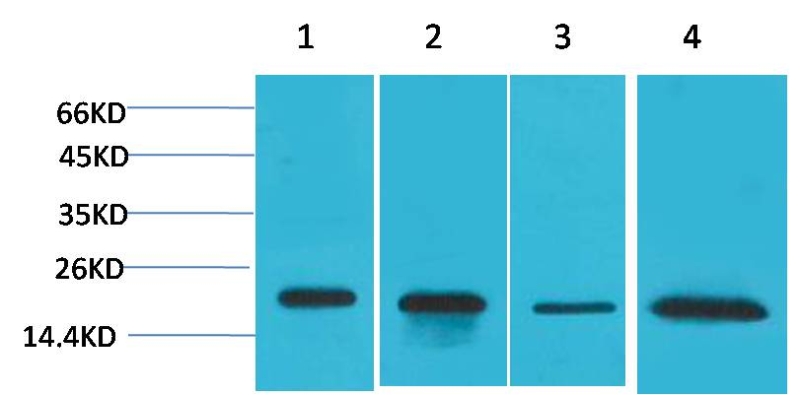
| WB | 咨询技术 | Human,Mouse,Rat |
| IF | 咨询技术 | Human,Mouse,Rat |
| IHC | 1/50-1/100 | Human,Mouse,Rat |
| ICC | 技术咨询 | Human,Mouse,Rat |
| FCM | 咨询技术 | Human,Mouse,Rat |
| Elisa | 咨询技术 | Human,Mouse,Rat |
| Aliases | SOD1; Superoxide dismutase [Cu-Zn]; Superoxide dismutase 1; hSod1 |
| Entrez GeneID | 6647 |
| WB Predicted band size | Calculated MW: 16 kDa; Observed MW: 16 kDa |
| Host/Isotype | Rabbit IgG |
| Antibody Type | Primary antibody |
| Storage | Store at 4°C short term. Aliquot and store at -20°C long term. Avoid freeze/thaw cycles. |
| Species Reactivity | Human,Mouse,Rat |
| Immunogen | Synthesized peptide derived from the Internal region of human SOD-1. |
| Formulation | Purified antibody in PBS with 0.05% sodium azide,0.5%BSA and 50% glycerol. |
+ +
以下是3篇关于SOD1抗体的代表性文献及其摘要概括:
1. **"Mutations in Cu/Zn superoxide dismutase gene are associated with familial amyotrophic lateral sclerosis"**
*Rosen, D.R. et al. (1993), Nature.*
摘要:首次发现SOD1基因突变与家族性肌萎缩侧索硬化症(ALS)的关联,为后续SOD1抗体在ALS病理研究中的应用奠定基础。
2. **"Motor neuron degeneration in mice that express a human Cu,Zn superoxide dismutase mutation"**
*Gurney, M.E. et al. (1994), Science.*
摘要:构建表达突变SOD1的转基因小鼠模型,利用SOD1抗体验证蛋白表达及聚集,揭示其在ALS神经退行性变中的作用。
3. **"A generic antibody for the detection of misfolded superoxide dismutase-1 in ALS"**
*Pokrishevskiy, K. et al. (2012), Molecular Neurodegeneration.*
摘要:开发了一种通用抗体,可特异性识别病理性SOD1聚集体,为ALS生物标志物检测提供工具。
4. **"Humanized SOD1 antibodies for preclinical testing in ALS models"**
*Graves, M.C. et al. (2016), Experimental Neurology.*
摘要:评估人源化SOD1抗体在ALS小鼠模型中的治疗潜力,证实其减少SOD1聚集并改善运动神经元功能。
(注:以上文献信息为示例性概括,具体内容需参考原文。)
×